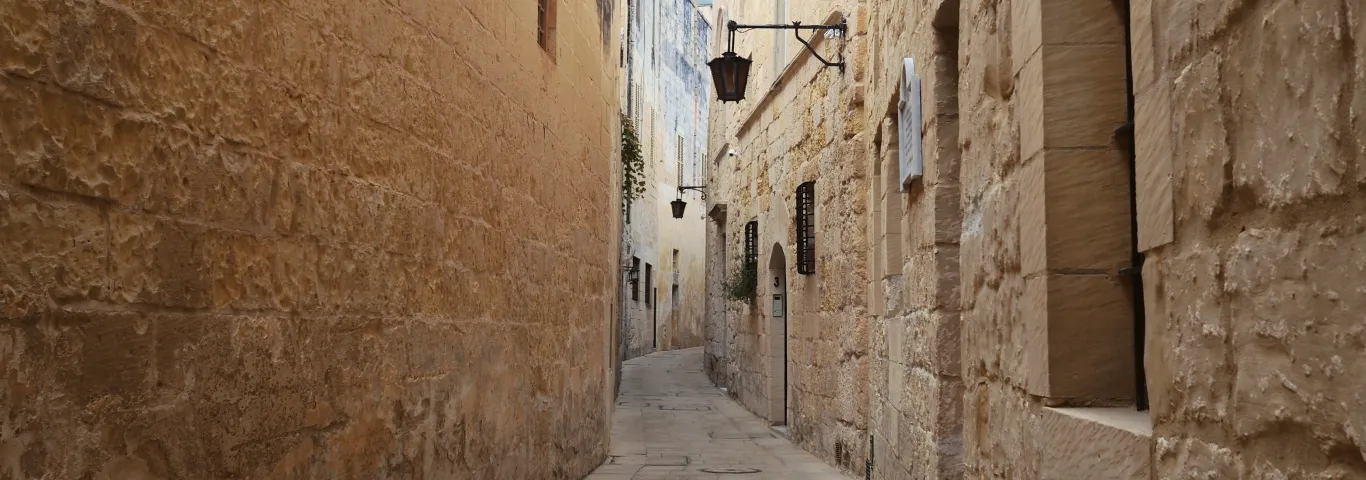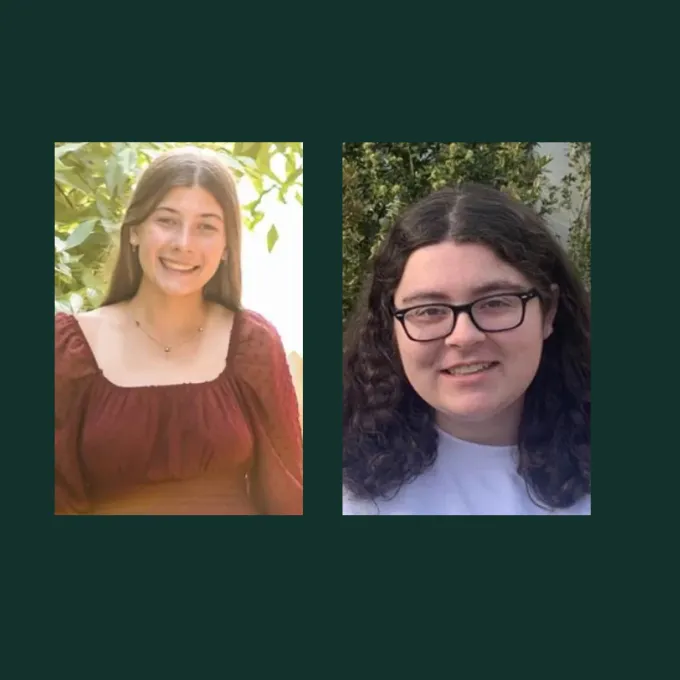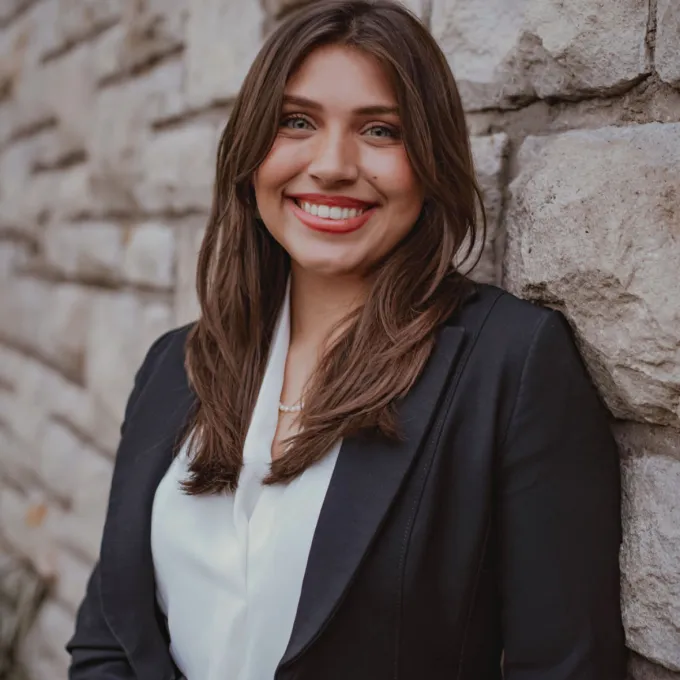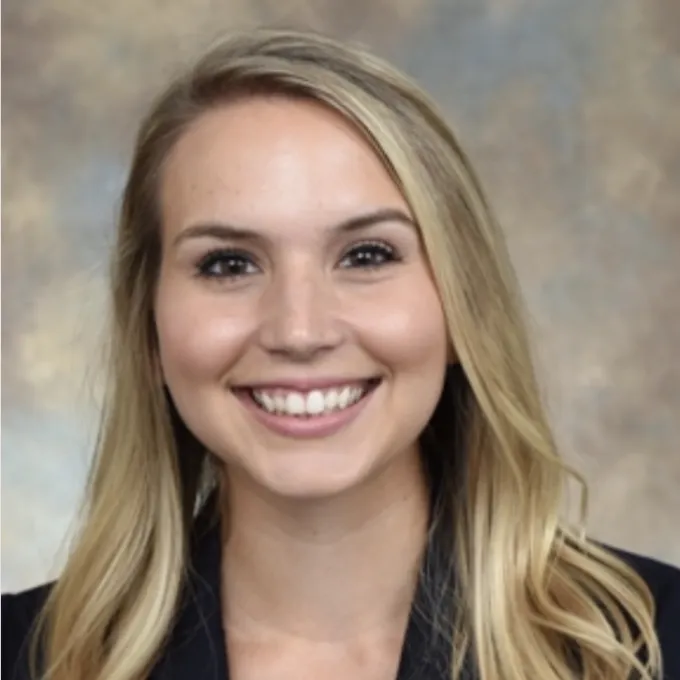History at WashU
The Department of History at Washington University offers history majors and minors the opportunity to develop a coherent and challenging program of study. We also encourage all undergraduates to incorporate the discipline of historical thinking into their liberal arts education. In all courses, students are taught the kinds of skills that will help them succeed both in classes at WashU and in their post-graduate careers. History students learn to read carefully, think critically, research honestly, and present information and ideas clearly and concisely, both verbally and in writing.
We offer a wide variety of courses, ranging from the ancient world to the present, and across Africa, Asia, the Middle East, Europe and the Americas. There are many opportunities for small-group learning and discussion, in freshman seminars, sophomore honors colloquium, writing-intensive seminars, and advanced seminars. The history major is structured to be flexible, and encourages students both to pursue established interests and to explore topics, time periods, and locales that may be less familiar.
Our department prides itself on the individual attention faculty mentors provide students. Graduates express great satisfaction with their experience in the major, mentioning in particular faculty's knowledge of the subject matter, dynamic teaching, and respect for students.
The study of history is key to becoming a well-informed, thoughtful, and effective citizen of the nation and the world. It is also fun!






